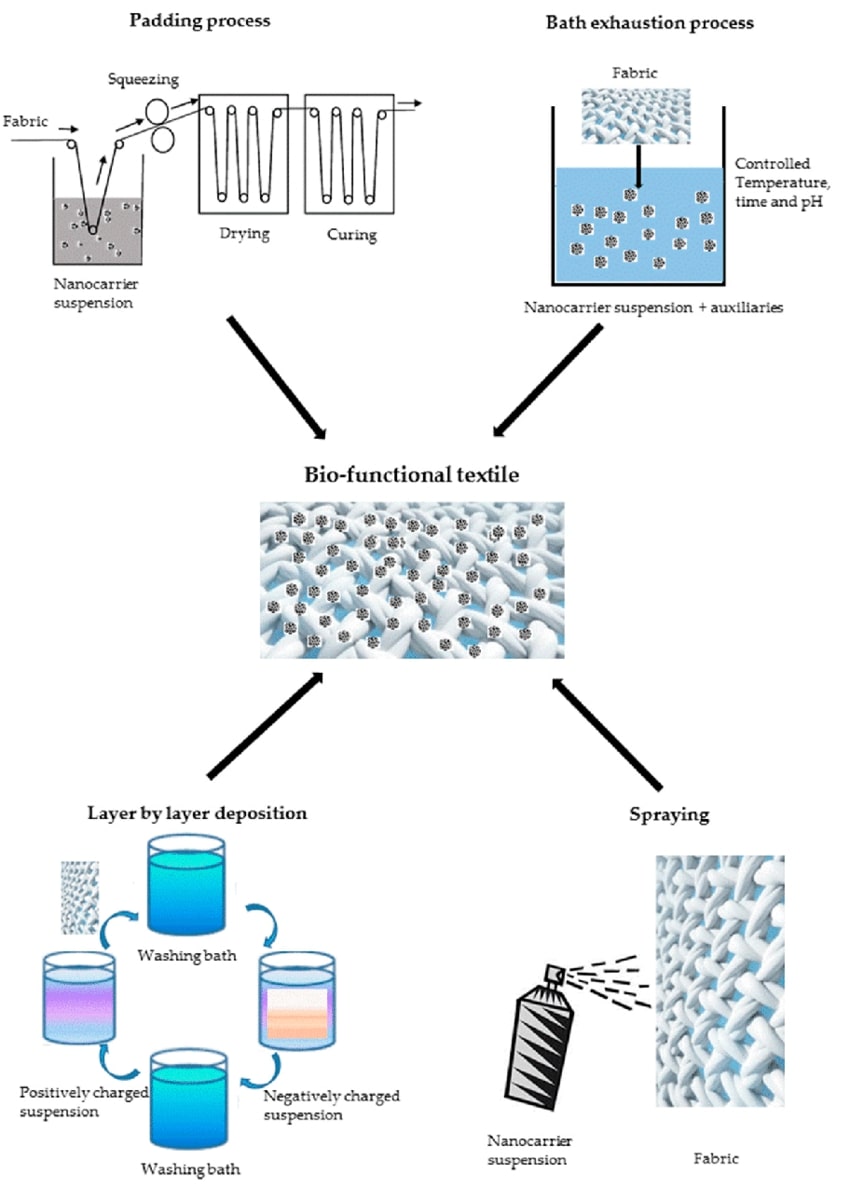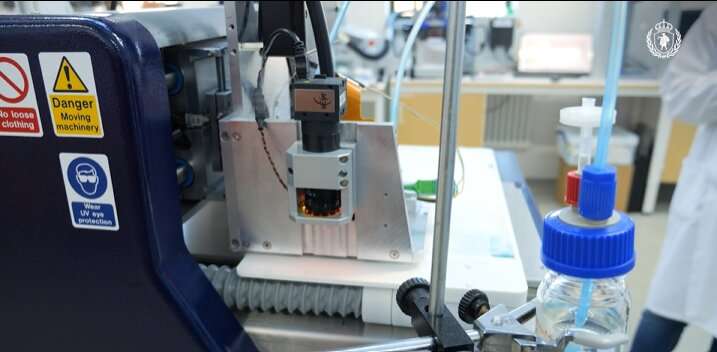TEXTILES GLOBAL
By IFAB MEDIA - NEWS BUREAU - April 24, 2023 | 136 3 minutes read
Tuser Biswas conducts research that aims to develop modern medical textiles that are good for both the environment and human health. Textiles with antimicrobial properties could reduce the use of antibiotics.
The conventional textile industry devours natural resources in the form of water, energy, and chemicals. A more resource-efficient way to produce textiles is with ink jet printing. Tuser Biswas, who recently defended his doctoral thesis in Textile Material Technology, seeks to develop methods for functional textiles. He has shown that it is possible to print enzymes on textiles. These are proteins that function as catalysts in the body, as they set chemical processes in motion without themselves changing. They could, for example, be used in medical textiles with antimicrobial properties or to measure biological or chemical reactions.
“Ever since the industrial revolution, our society has used an abundance of synthetic and harsh chemicals. Our research works to replace these chemicals with environmentally friendly and bio-based materials,” said Tuser Biswas.
Promising results with enzymes on textiles
Developing a good enzyme ink was not entirely easy and it took a number of attempts before he finally, to his great joy, had successful results. Tuser Biswas explained that the most important result is to show how a printed enzyme could bind another enzyme to the surface of a fabric. Although the activity of the enzymes decreased by 20-30 percent after printing, the results are still promising for future applications. At the same time, the work has provided new knowledge about many fundamental questions about printing biomaterials on fabric.
“Before starting the project, we found several related studies that focused on producing a finished product. But we wanted to study the fundamental challenges of this subject, and now we know how to make it work,” said Tuser Biswas.

He is now seeking funding to continue researching the subject and has so far received a grant from the Sjuhärad Savings Bank Foundation. During the Days of Knowledge event on 20 April, he will talk about his research to representatives from the City of Borås and business, the Sjuhärad Savings Bank Foundation, and the University of Borås.
Medical textiles instead of antibiotics
Tuser Biswas hopes that continued research in textile technology can provide alternatives to using antibiotics. With increasing antibiotic resistance, it is an important issue not only locally but worldwide.
“Instead of treating the patient with a course of antibiotics, one can act preventively and more effectively by damaging the bacteria on the surface where they start to grow. In a wound dressing, for example. Nanoparticle-based antimicrobials can reduce growth effectively. It is possible as nanoparticles can interact better with the bacterial membrane and reach the target more easily than conventional antimicrobials.”
Credit Lines : Provided by University of Borås









